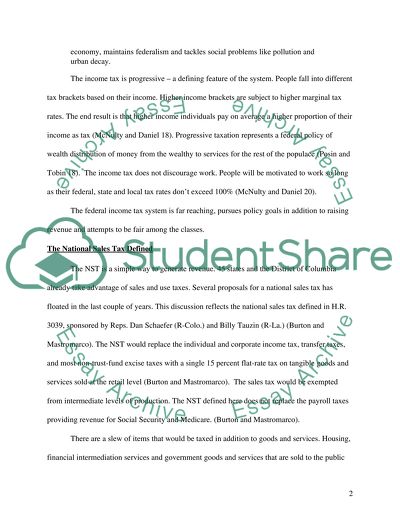Cite this document
(“National Sales Tax Essay Example | Topics and Well Written Essays - 2500 words”, n.d.)
Retrieved from https://studentshare.org/miscellaneous/1526382-national-sales-tax
Retrieved from https://studentshare.org/miscellaneous/1526382-national-sales-tax
(National Sales Tax Essay Example | Topics and Well Written Essays - 2500 Words)
https://studentshare.org/miscellaneous/1526382-national-sales-tax.
https://studentshare.org/miscellaneous/1526382-national-sales-tax.
“National Sales Tax Essay Example | Topics and Well Written Essays - 2500 Words”, n.d. https://studentshare.org/miscellaneous/1526382-national-sales-tax.


